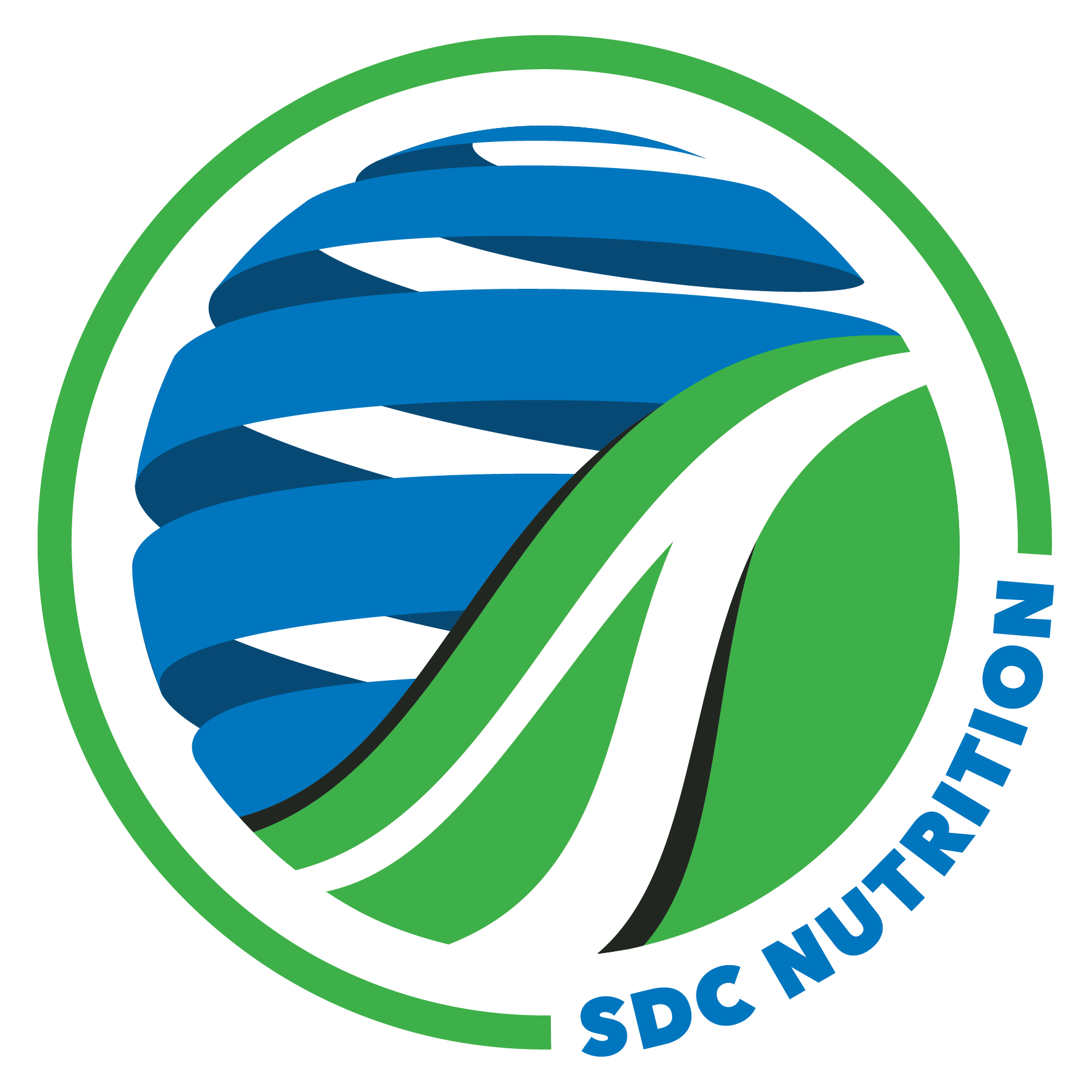At SDC Nutrition we pride ourselves on our quality and service. Focusing on those key criteria and our constant commitment to great customer care has spawned our flavoring, R&D, and product development expertise which we feature to help walk you through the process of launching and marketing your protein products as seamlessly as possible. We feature a variety of protein products ranging from classic whey protein isolates to time release blends featuring whey protein concentrate and micellar casein to vegan and plant based proteins like brown rice, pea, hemp and more. As always we offer our services to help create, update, and improve formulas and see that formulation materialize into a great tasting quality product to sell to your customers.
We’ll walk through a summarized view of the pros and cons of multiple types of protein products including cost, taste, mixability details and a whole host of other important information to help you get exactly what you need. The main service we offer is utilizing our expertise to tailor solutions especially for you.
- Whey protein: This is arguably the most researched type of protein and has been utilized for its fast digestibility and “complete” amino acid profile for years. Whey breaks down into two main buckets, whey protein concentrate (WPC) and whey protein isolate (WPI). Whey protein is a by-product of cheese manufacturing processes and used to be considered waste material until studies concluded that whey served a nutritional need.
- WPC has two main types, WPC34 and WPC80 whereby the numbers (34 and 80) represent the percent of the protein in the product. Hence WPC80 is 80% protein with the other 20% being fats and carbs. WPC34 is only 34% protein. However, both can be listed as Whey Protein Concentrate on a label. The higher the protein content the more expensive the material. As with most other proteins, subtleties can greatly differentiate product even among several types of WPC80’s. Example include non-GMO sunflower lecithin products, rBGH hormone free products, and grass fed whey products. There are even lactose free WPC80 products on the market to appeal to the lactose intolerant consumer.
- WPI (aka WPI90) represents 90% of the product is protein with only 10% of the macro nutrients coming from fats and carbs. WPI90 is significantly more expensive than WPC80, however it offers a higher protein content and (depending on flavoring system) may allow for the finished product label to contain 0g fat and 0g carbs, which can be very important to certain customers.
- Casein protein: This is featured in many “time released” blends as casein is a slower digesting protein that in many cases is mixed with WPC80 to feature both fast and slower digesting proteins. In addition, casein protein products can be marketed as “night time” recovery formulas due to their slower digesting nature. Casein proteins are typically much grittier in texture than whey proteins.
- Plant based protein: This is massively growing part of the market with estimates that plant based protein sales now represent 20% of the market. Examples in this category include pea, brown rice, soy, and hemp among others. A few of the major benefits of this category include access to the growing Vegan and vegetarian population who will not take animal based (whey and beef) proteins. Additionally, since whey and casein are milk-based, people with lactose intolerance cannot take these proteins. Plant based protein sources (with the exception of soy) are almost always allergen free, meaning a broader population can enjoy them. Finally, plant based proteins are typically less expensive than whey based proteins. On the negative side, most plant based proteins do not feature what is considered to be a “complete amino acid” profile as certain amino acids are lacking. Additionally, these proteins are typically grittier and do not mix or taste as good as whey.
In summary, there are multiple options to fit your customers’ needs and we are happy to share our expertise in any of these categories (and more) to tailor the right solution for you. We stand ready to turnaround formula samples and pricing within days and move from purchase order to production in 4 weeks. We can handle protein bottle run sizes as low as 500 bottle opening order quantities all the way up to 10,000+ bottles.
Marissa Spade
Marissa graduated from Robert Morris University in May 2018 with a Bachelor of Science in Marketing. She started her career with SDC Nutrition as an intern during her college years and under the guidance of the co-founder Devenee Schumacher she has been an integral part of the Digital and Social Marketing presence for the company.
Internally she claims the token “Millennial” role of the team, but she is involved in every aspect of the digital face of the company from copy writing, public relations, affiliate management, ambassador management, and content creation. Since becoming a full-time member of the team she has most notably launched over 100 published articles for the company and its brands & she has successfully on-boarded over 500 affiliates in the company’s innovative Affiliate program.
Spade is set to launch new innovative content for all of the brand profiles which she is solely responsible for this year and her upcoming national campaigns are set to exponentially increase the overall audience for the company. Stay tuned for her upcoming accomplishments… you won’t want to miss the updates!
